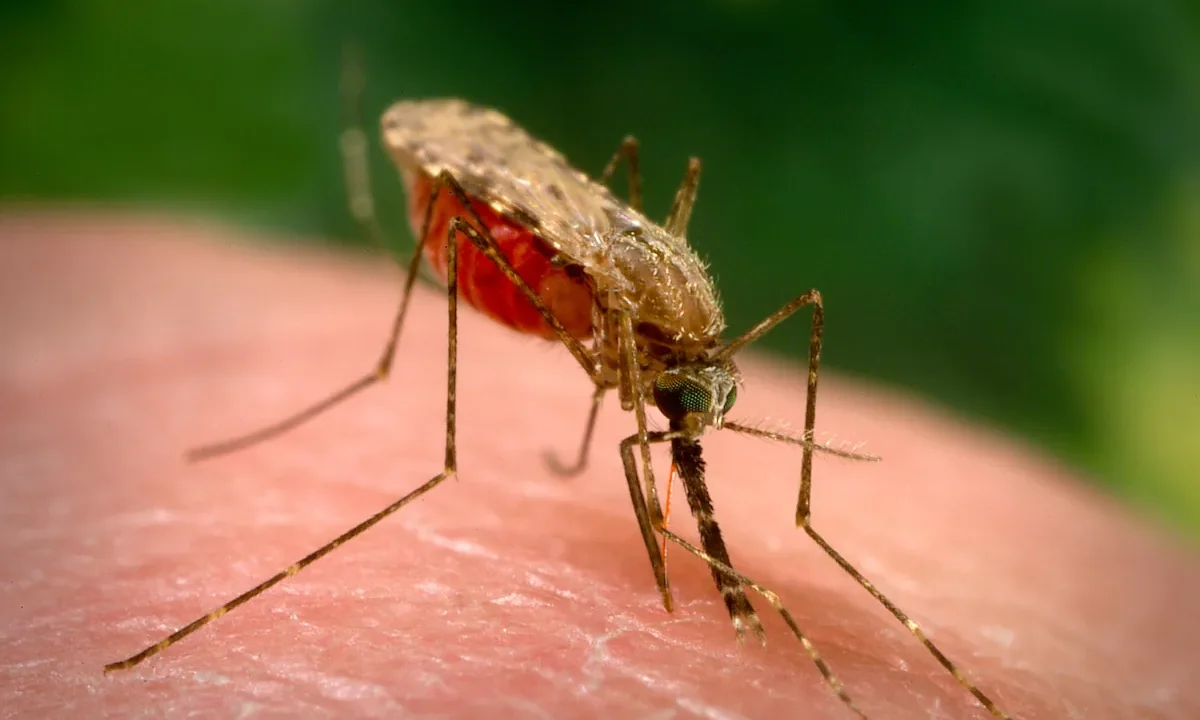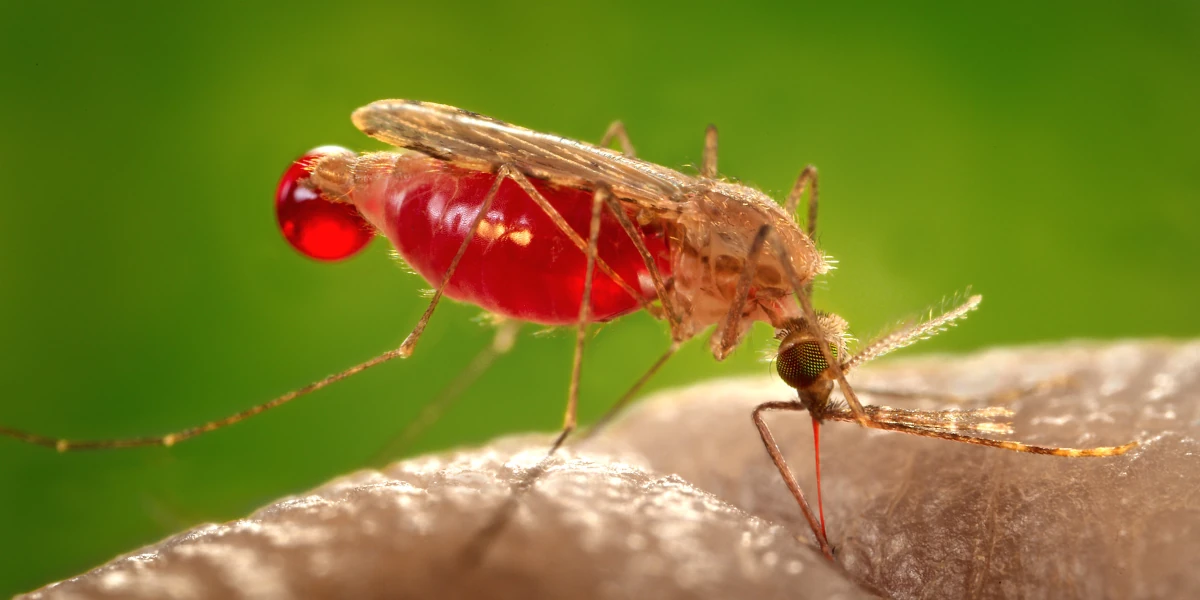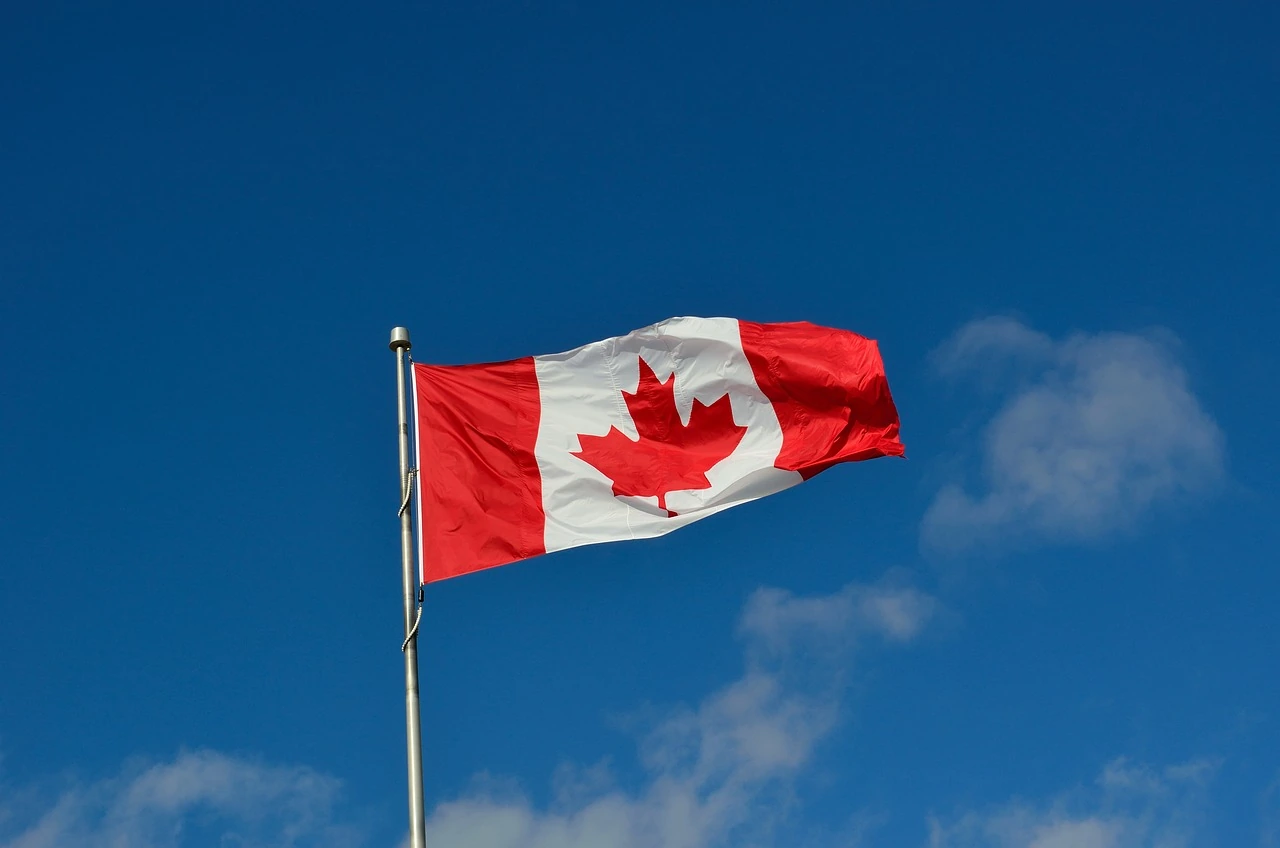Malaria, a disease associated with tropical regions is in the news in the US recently. A small number of people, 4 from Florida and 1 from Texas have caught it.
Health officials in the US think it is locally acquired. And it might spread faster in the summer.
Let’s explore what malaria is, and what steps we can take to protect ourselves.
A well-known parasite called Plasmodium causes malaria in humans. It spreads through the bites of infected mosquitoes. Infected people have severe symptoms, like fever, headache, chills, and fatigue. It can even cause death if the infected aren’t treated.
Malaria commonly spreads in the tropical regions around the equator. This includes parts of Asia, Africa, and Latin America. In 2021 247 million people got infected with Malaria around the world. Of these, 619,000 people died. 600,000 of them were residents in the sub-Saharan African region alone.
The US Center for Disease Control has raised an alert. They think summertime in Florida and Texas provides a similar sub-tropical environment. With warm climates, standing water, and dense vegetation mosquitoes can thrive.

So how does malaria spread exactly from one person to another? It transmits through the bite of a specific type of mosquito called Anopheles. A person who is already infected has plasmodium parasites in their bloodstream. If a female anopheles mosquito bites such a person the plasmodium reaches the mosquito’s stomach. The mosquito becomes what is called a “carrier”. When the carrier mosquito bites a healthy person, it passes on the plasmodium into the healthy person’s bloodstream. The parasite multiplies and releases a bunch of plasmodium back into the bloodstream making the person really sick.
To understand this more, see this great video – Malaria Life Cycle by Biointeractive.
To protect ourselves from malaria it’s important to take more care. Here are some steps:
- Use mosquito repellent when spending time outdoors.
- Wear protective clothing: Cover arms and legs with long-sleeved shirts, long pants, and socks when mosquitoes are active.
- Eliminate standing water: Mosquitoes breed in stagnant water. So empty any containers that collect water around your home. Find all such places, like flower pots, birdbaths, or buckets.
- Install window and door screens: Use screens to keep mosquitoes out of your home.
- Seek your doctor: If you or someone you know experiences symptoms like fever, chills, or fatigue, seek medical attention promptly.
But that is a lot of things to take care! Wouldn’t it be just great if we can all have our own invisibility cloaks from mosquitos?
Image Credit: Featured Image by AFPMB from flickr





Leave a Reply